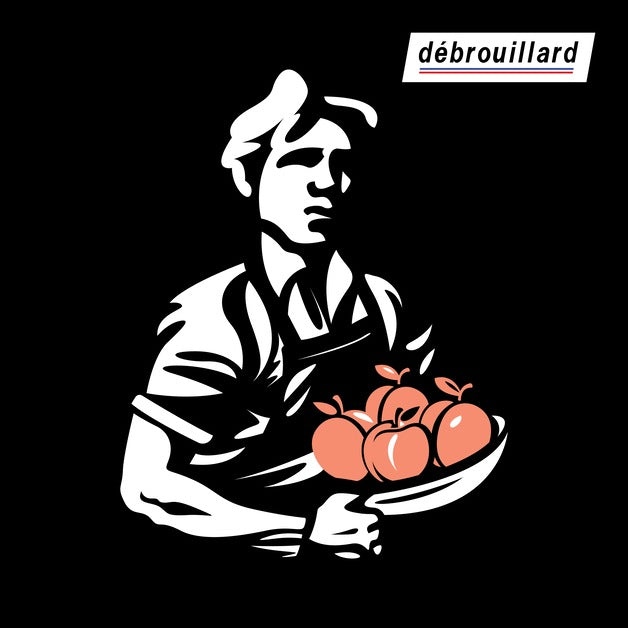Orwell’s Débrouillard — The Worker Who Finds a Way
The genius of Orwell's débrouillard story in Down and Out in Paris and London is what it reveals about human behavior under pressure. A restaurant worker, faced with a seemingly impossible demand, transforms obtaining peaches into an act of collective salvation. The shops are closed, the kitchen has no peaches, an English lord is waiting, and somehow, a débrouillard makes the impossible happen. In that high pressure moment, conventional actions won’t solve the problem. His solution? Walk into the back door of a nearby restaurant and steal four peaches.
Making the Impossible Happen
What makes this unforgettable is how it distills action down to its first principles. The débrouillard doesn't deliberate or seek consensus; he takes initiative, says "Leave it to me" and sets off to solve the problem. Ten minutes later, he returns with four peaches, having identified the only possible solution and got it done quietly. This is débrouillardise in its purest form: competence fused with initiative, when real consequences are at stake.
The Débrouillard Mindset in Action
The story resonates because it captures a universal truth we all recognize: some step forward when most others disappear in times of pressure. As systems break down and formal channels fail, survival relies on those who can operate outside normal parameters. The débrouillard is that person. His resourcefulness protected not just himself but everyone around him.
Bourdain and the Modern Archetype
Anthony Bourdain returned to this story because it describes how real competence is expressed through informal acts of responsibility. A débrouillard doesn't wait for authority. He becomes the answer when responsibility has no clear owner.
Why the Débrouillard Endures
The deeper lesson is about rules and outcomes. In times of stability, we can afford to prioritize process. But when stability vanishes, you need someone who knows how to move decisively and effectively like the débrouillard in Orwell’s story.
Orwell's kitchen tale endures because of the quiet truth of how things actually work versus how people often idealize how they work. Every functional organization has its débrouillards, those who quietly ensure survival when official channels fail. In capturing this dynamic, Orwell revealed something essential about human systems: they survive not through rigid adherence to rules, but through individuals who know when and how to transcend them. And long after the moment passes, everyone remembers who stepped forward.



Leave a comment